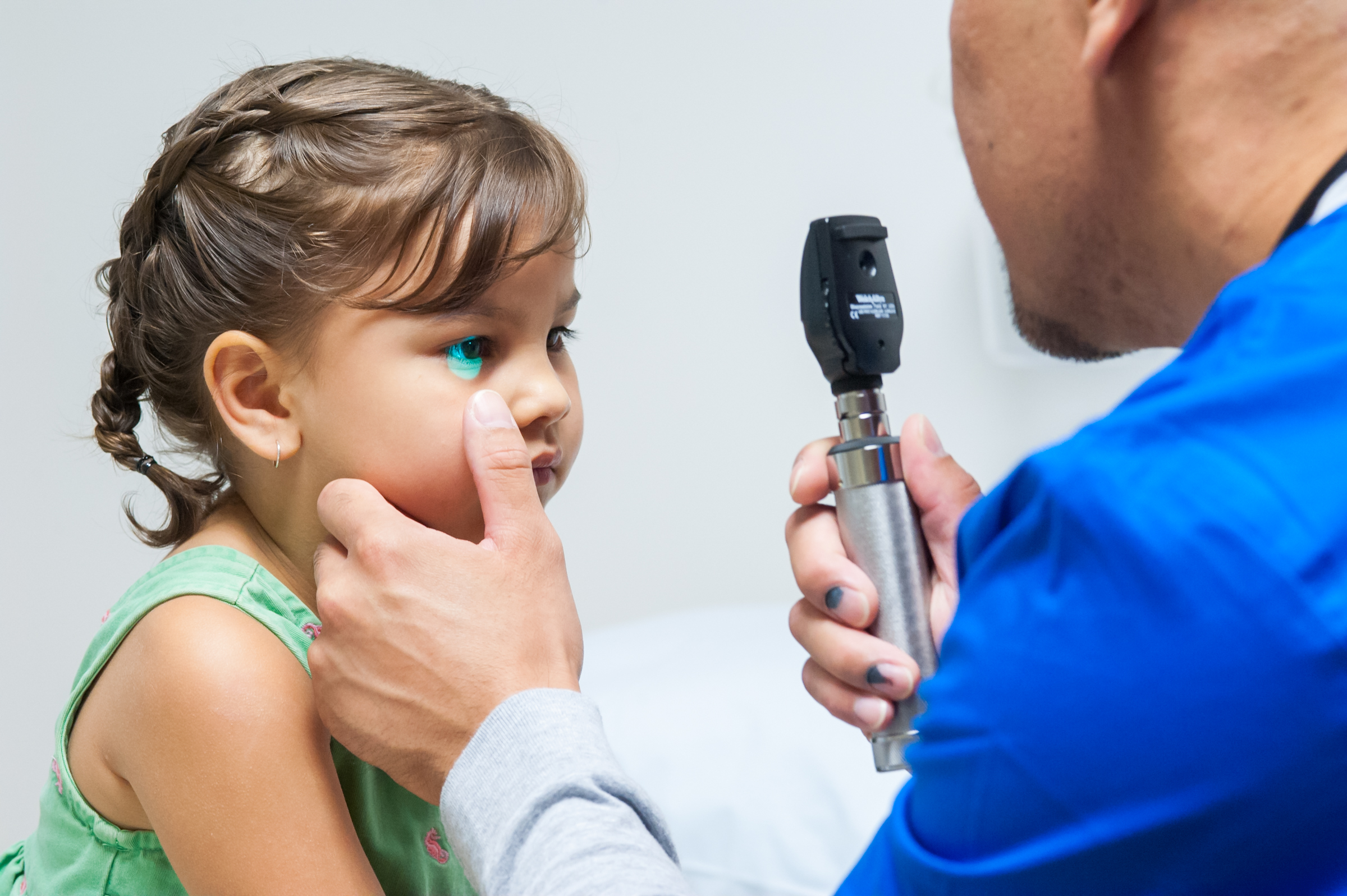Program Requirements
North Park’s RN-to-BSN degree-completion program, delivered in a blended format, offers the best of both worlds in education: You will have face-to-face classes, with the flexibility of completing half of each course online. In addition to the nine required nursing courses, you will have to complete requirements for supporting nursing coursework and the University core curriculum. Most of these requirements may be met by transfer credit or testing.
The average student completes the degree in two years while keeping a full-time job. Learn more.
Major Requirements
24 credits of nursing coursework
6 credits of University core curriculum requirements or electives
120 total credits for graduation (at least 30 credits completed through North Park)
Course Descriptions
Integrates knowledge from the natural and behavioral sciences to focus on holistic health assessment of adults. Includes assessment of spiritual, cultural, developmental, and nutritional aspects. Considers ethnic variables of normal assessment. Course culminates with students performing and recording a complete health assessment. Students will describe the role of the nurse in health assessment.
Issues and dilemmas in the health care system serve as a basis for examination of theories and principles of ethics. The spiritual domain is considered a valued context for decision-making.
NURS 3560 Healthcare Informatics (3 cr)
Introduces elements of the research process with emphasis on becoming a consumer of research. Focus is on relevance of research findings to evidenced-based quality health care. Considers ethical issues in research.
For a complete list of all course offerings, review the academic catalog.
Supporting Nursing Courses
These requirements may be met by transfer credit.
- Anatomy and Physiology (6 sh)
- Human Lifespan Psychology (4 sh)
- Introduction to Psychology (3 sh)
- Introduction to Sociology or Cultural Anthropology (3 sh)
- Microbiology (4 sh)
- Statistics (4 sh)


